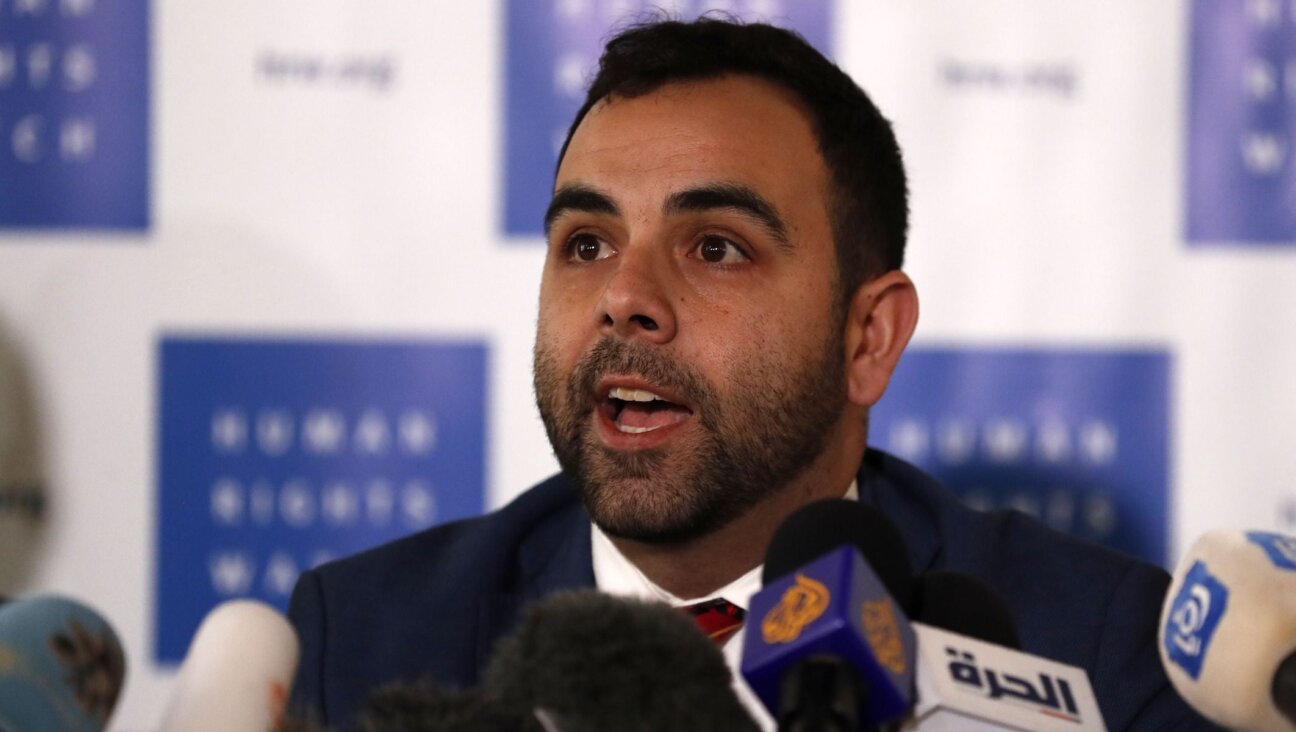Israel and Turkey Launch Secret Push To Mend Ties

Image by Getty Images
Israel held unannounced diplomatic level talks with Turkey on Monday to explore prospects, after Turkish polls, of restoring an alliance that was once central to U.S. Middle East policy but has soured dramatically under Turkish leader Tayyip Erdogan.
The Islamist-rooted AK Party founded by Erdogan, who accused Israel last year of having “surpassed Hitler in barbarism” through attacks on Palestinian territories, lost its overall majority in a June 7 vote for the first time since taking power in 2002. It must now seek a coalition partners for government.
Erdogan’s years in full control of foreign and domestic policy saw virtual collapse of what had been Israel’s closest alliance with a Muslim state, encompassing the military and intelligence sectors. The killing of 10 pro-Palestinian Turks by Israeli commandos on a ship that tried to break its Gaza blockade in 2010 marked a low point.
An Israeli official told Reuters on condition of anonymity that Dore Gold, a Netanyahu confidant who was named director-general of Israel’s Foreign Ministry last month, had met his counterpart Feridun Sinirlioglu in Rome on Monday.
SHIFT?
The official said it was too early to judge whether the meeting signaled an acceleration of reconciliation efforts.
“Certainly there is a sense that the situation in Turkey has shifted after the election,” the official said, referring to the AKP’s recent setback in parliament that has shaken Erdogan’s standing and undermined his plans for a powerful presidency.
“But time will tell whether the new government there takes a more accommodating line on Israel than Erdogan.”
A spokesman for Israel’s Foreign Ministry confirmed Gold had been in Rome but would not comment on any meetings held there.
Officials at Turkey’s Foreign Ministry declined to comment.
Efforts to reconcile Turkey and Israel, including in a 2013 phone call between Erdogan and Prime Minister Benjamin Netanyahu that was brokered by U.S. President Barack Obama, have yet to yield a final deal restoring full diplomatic ties.
The channel between Israel and Turkey, which borders Iraq, Iran and Syria, was long seen as a key element in U.S. policy in the region. With the rise of Islamic State and the complexities of relations with Iran it retains importance for Washington.
It remains unclear what effect the outcome of the election will have on Erdogan’s influence on foreign policy. But his failure to achieve a majority to change the constitution and increase the powers of the largely figurehead presidency he holds could weaken his hold.













